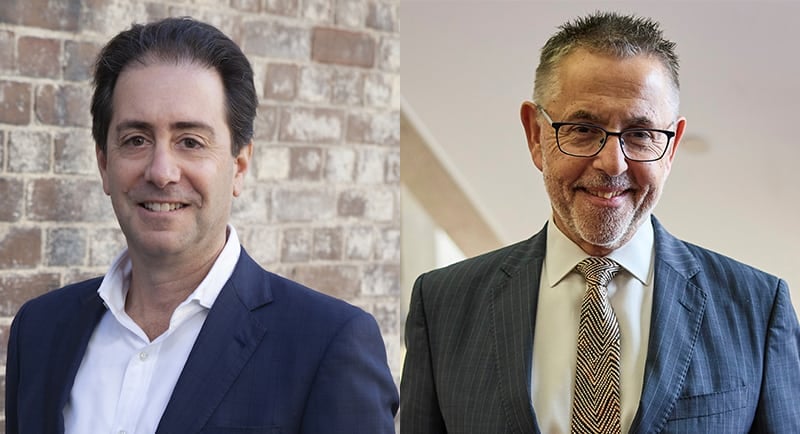In recognition of Reconciliation Week on 27 May to 3 June, Tonic Media Network, and its Aboriginal Health Television (AHTV) network, have announced that they are the first media company to publicly support a ‘Yes’ vote in the upcoming Voice Referendum.
Mediaweek spoke to Tonic Media Network CEO, Richard Silverton, and Tonic Media Network’s co-founder and non-executive director, Dr Norman Swan about the decision and what it means for Indigenous Australians.
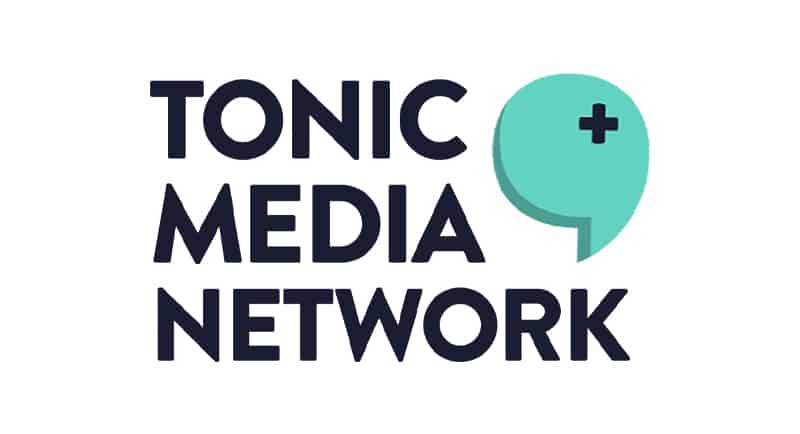
When the referendum was announced, Silverton says that the team at Tonic “saw it as our responsibility to lead in this in this area, and we’re proud to do so.”
Silverton: “When the voice referendum was gathering momentum, we knew that we as a business had to take some kind of a position. The reason for that is that we’re a media business, but we’re also a health business – and I think that’s an important point.
“Our core mission as a health business is to improve the health and well-being of all Australians, and we deliver on that mission to Aboriginal and Torres Strait Islander communities through Aboriginal Health Television (AHTV). As stewards of Aboriginal Health Television, it was really unthinkable not to have a clear and strong position on the referendum.”
With the actual vote still a few months away – the referendum will be held between October and December 2023 – Silverton says Tonic is working to centre Indigenous voices in the lead-up.
Silverton: “On Aboriginal Health Television, we have space for the Yes campaign and the government to use space on that network to run their communication. Also as a board, part of the decision we took was to produce our own content in support of the referendum, to run on both AHTV and across our broader network.
“When we develop content, we always consult widely – having culturally appropriate and relevant content is fundamental to AHTV. This is a very sensitive and important issue, and we will continue to consult widely with our advisory group.”
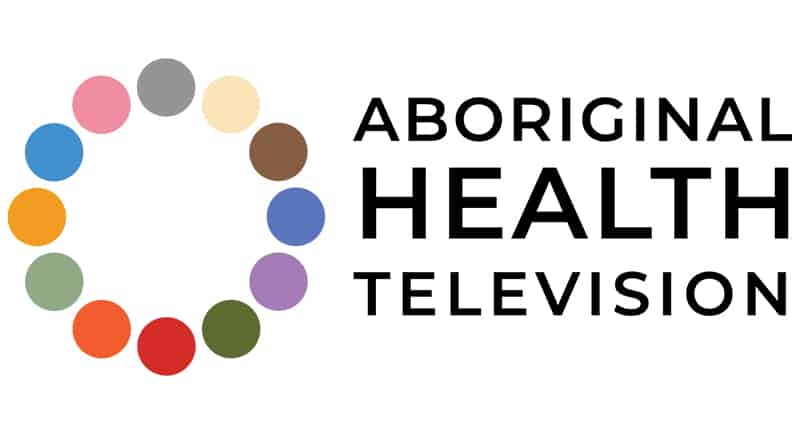
It’s not just AHTV that Tonic will be using to send the message of the Yes campaign, with the wider network also coming into play.
Swan: “In many ways, having AHTV gives us a sense of ownership and responsibility over these issues. What we do on our non-Indigenous service is actually probably more important here, and so that needs to be culturally appropriate as well.”
Silverton: “The network is really extensive. We’re in about 4400 environments across the country, its reach is probably better than any outdoor media network, in the sense that it’s in urban, regional, rural and remote areas if you also take into account AHTV.
“If you look at our network overall, we have incredible reach, we also have about 7000 media assets printed and digital that we can utilise for this program. That’s what we intend to do. We’re just waiting for the messaging around the Yes campaign to be crystallised, and then we will get to work.”
The life expectancy gap between Aboriginal communities and non-Aboriginal communities in Australia is around 11 years. However, Swan points out that if you take the postcode with the longest life expectancy in urban Australia and compare it to an Aboriginal community with the shortest life expectancy, that gap swells to 45 years.
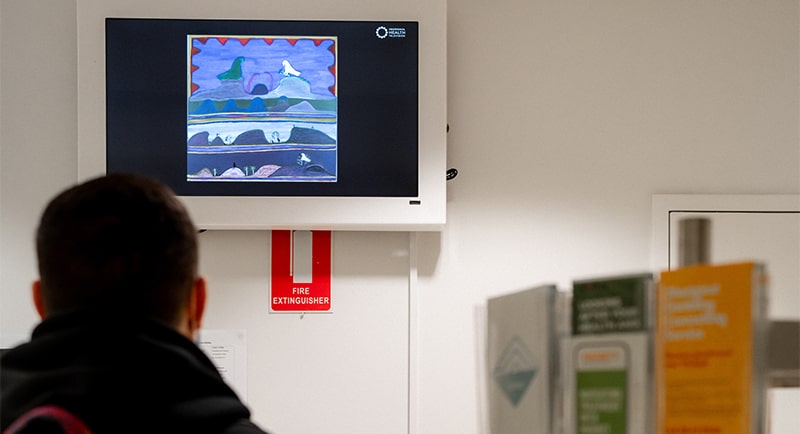
The Voice issue isn’t just a social one, with Swan explaining the effects that having control over your own life can have on a person.
Swan: “There is a health and scientific angle to the Voice which hasn’t been well articulated. There’s no question that racism is bad for health, it’s bad for well-being, it’s bad for longevity.
“This is science, not politics. If you take away all the known variables – cholesterol levels, smoking, education – to explain the gap, you still have not explained all of the gap. You’ve explained some of the gap, but there’s still a piece left. That gap, Sir Michael Marmot found, is explained by control.
“Research shows that when you lose control, you become chronically stressed, and your brain responds by telling the rest of the body that something’s going wrong in our world. Your pulse goes up, your blood pressure goes up, the stress hormones that give you an increased risk of diabetes go up. Your immune system goes on high which increases ageing. Tangibly, putting more control of destiny into the hands of Aboriginal communities will improve the well-being of communities without touching cholesterol, smoking, or anything like that.”
The announcement comes at a critical moment for the Australian media landscape, with Stan Grant stepping away from his role hosting the ABC’s Q+A after sustained racial abuse, and SBS’s NITV leaving Twitter for the same reason.
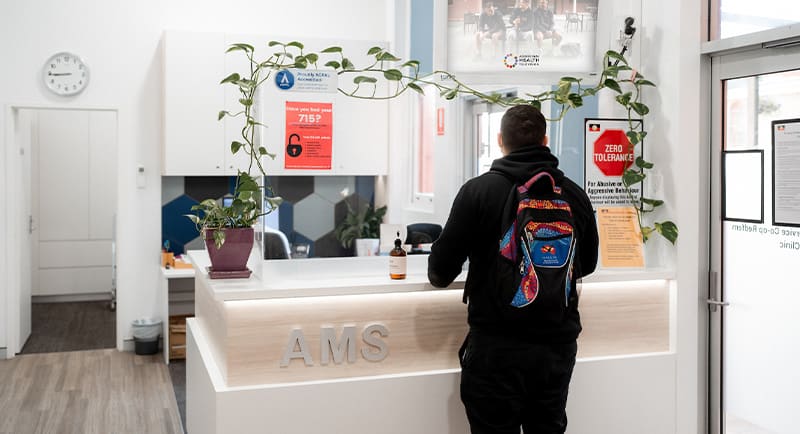
For the team at Tonic, navigating the lead-up to the Voice Referendum will involve being “fully aligned” with the messaging of the Yes campaign.
Silverton: “The way that will aim to lend our support to that is really through the messaging that we develop around the referendum. Supporting the Yes vote and being fully aligned with that, we will definitely be developing messaging that is culturally appropriate.
Swan: “And we’re not going to take money from the No vote.”
Silverton: “That is very important. When we say fully aligned, it’s obviously supporting the Yes vote and being proactive about that, but at the same time, not giving oxygen at all to the No vote, and denying them the opportunity to get their messaging out.”
Norman: “It’s not necessarily anti-racism, we’re not implying that everybody on the No side is a racist, we are absolutely clear on that. People will follow their positions, but we just don’t feel that we want to be on that side of the fence.”
–
Top Image: Richard Silverton and Dr Norman Swan
